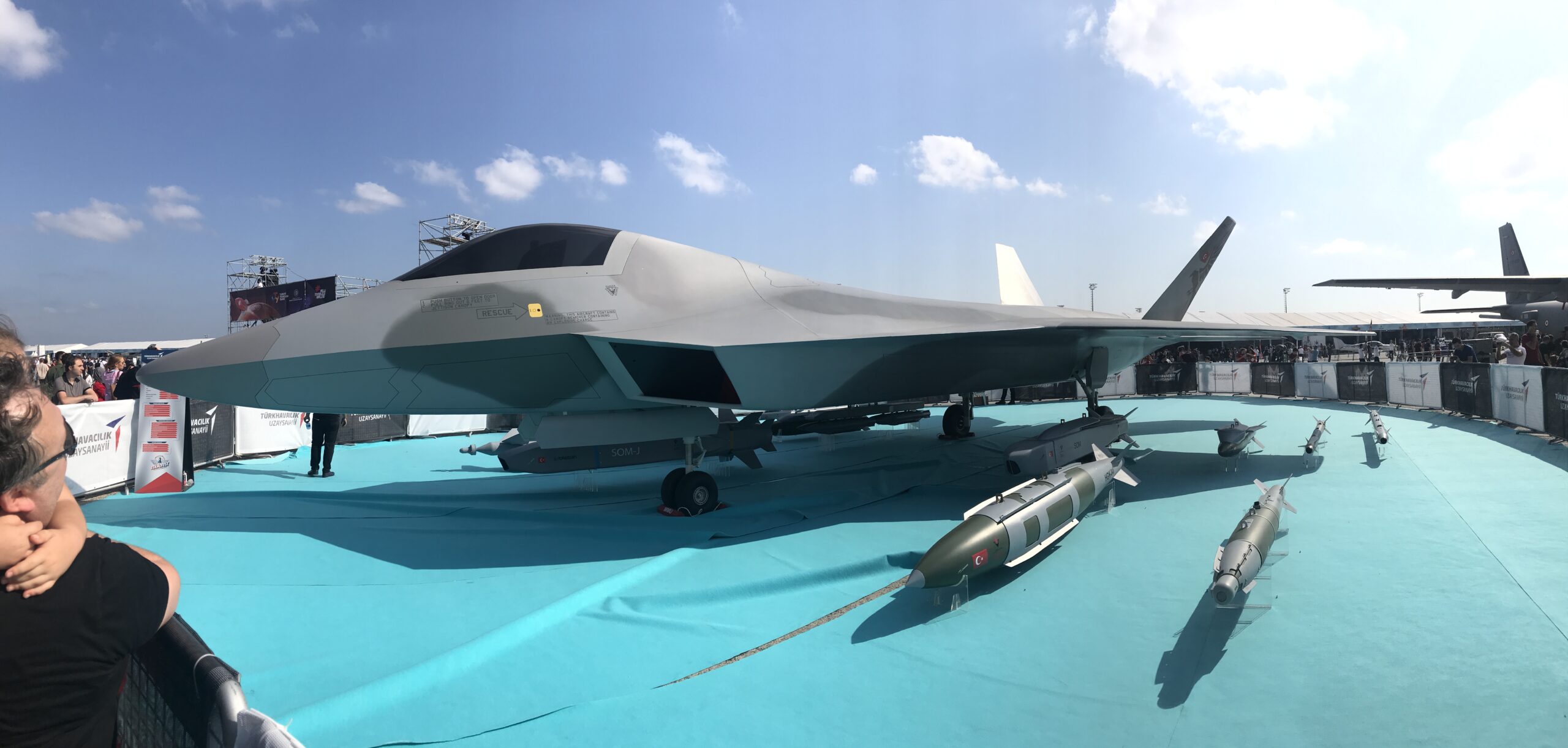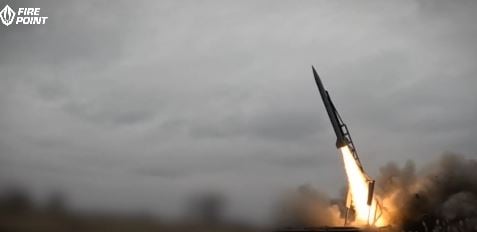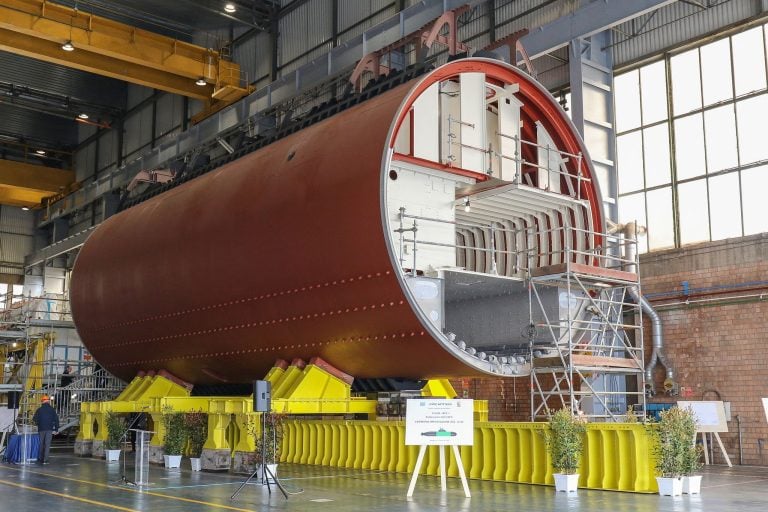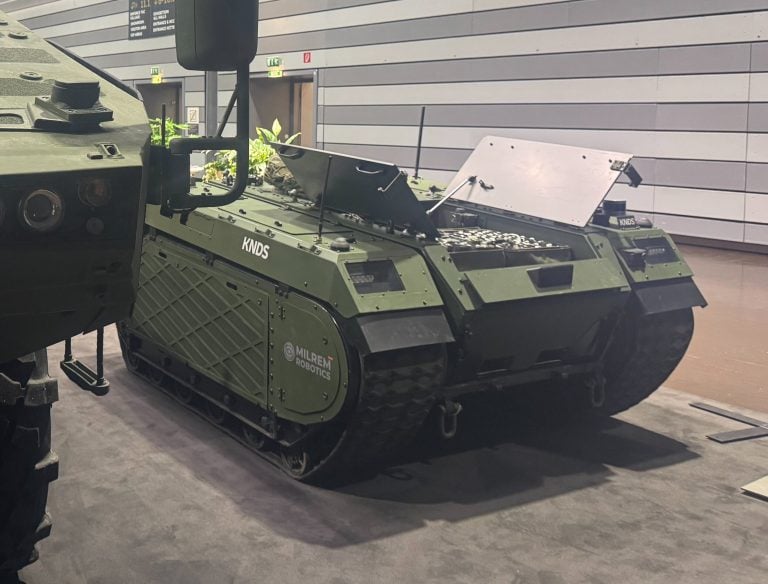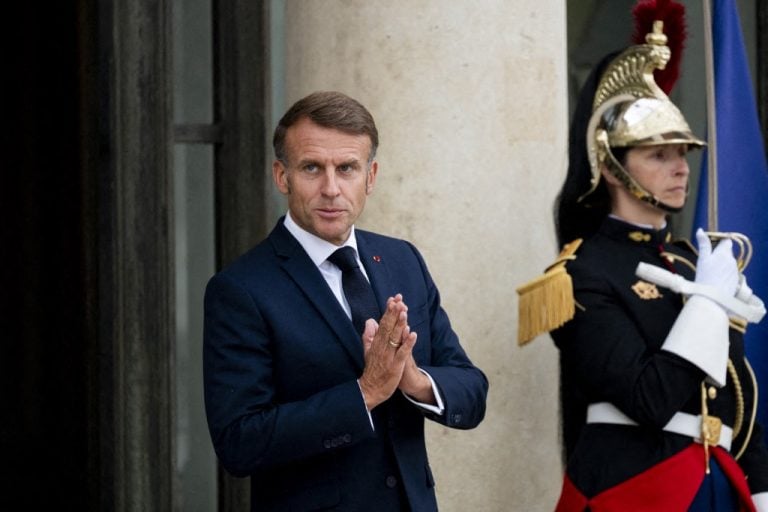Indonesia has taken a significant step toward strengthening its defense capabilities by expressing formal interest in joining Turkey’s ambitious fifth-generation fighter jet development initiative. This strategic proposal was presented by President Prabowo Subianto during a recent bilateral meeting with Turkish President Recep Tayyip Erdogan in Ankara. The move is seen as a pivotal opportunity for deeper military cooperation between the two nations.
In addition to the fighter jet initiative, President Subianto highlighted the potential for collaboration in submarine development, indicating a broader scope for defense partnerships. Turkey, currently in the advanced stages of developing its first indigenous fighter jet, the “KAAN,” is leading this innovative project through its national aerospace company, Turkish Aerospace Industries (TAI). The KAAN successfully completed its maiden flight earlier this year and is on track for initial production soon.
During its inaugural flight, the KAAN reached an altitude of 8,000 feet (2,438 meters) and achieved a speed of 230 knots (153 miles/425 kilometers per hour), showcasing impressive performance. Follow-up tests have demonstrated its ability to reach 10,000 feet (3,048 meters) for more than 14 minutes. TAI has described the KAAN as not only a fifth-generation fighter but also one expected to incorporate capabilities usually associated with sixth-generation aircraft, including the integration of manned-unmanned teaming.
One of the distinguishing features of the KAAN is its advanced active electronically scanned array (AESA) radar, which enhances detection and tracking capabilities and provides comprehensive situational awareness through innovative electro-optical systems. TAI General Manager Temel Kotil has previously asserted that the KAAN will outperform the F-35 in several critical areas, highlighting its ability to carry payloads of up to 10 tons—significantly more than the F-35’s six-ton payload. The KAAN’s twin-engine design is another competitive advantage over its single-engine counterpart, further cementing its status as a formidable fighter jet.
The international interest in the KAAN has already begun to materialize, with Saudi Arabia expressing intentions to procure as many as 100 units, further solidifying Turkey’s emerging role in the global defense market.
The discussions surrounding the fighter jet project come amid several agreements enhancing trade and defense collaboration between Indonesia and Turkey. President Subianto has referred to Erdogan as a “close friend” and “brother,” signaling a strengthening bond between the two nations, both of which are members of the Organisation of Islamic Cooperation. Earlier this year, Indonesia finalized a deal to acquire 60 Bayraktar TB3 drones from Turkey, significantly improving its surveillance, reconnaissance, and precision-strike capabilities. Additionally, Jakarta has also decided to purchase Khan tactical ballistic missiles, marking it as the first international customer for this Turkish-made weapon system.
This evolving partnership reflects not only a mutual commitment to defense innovation but also a broader geopolitical strategy to enhance regional security capabilities. As both nations navigate a complex global landscape, their collaboration in advanced military technology could change the dynamics of defense procurement and manufacturing in the region.
